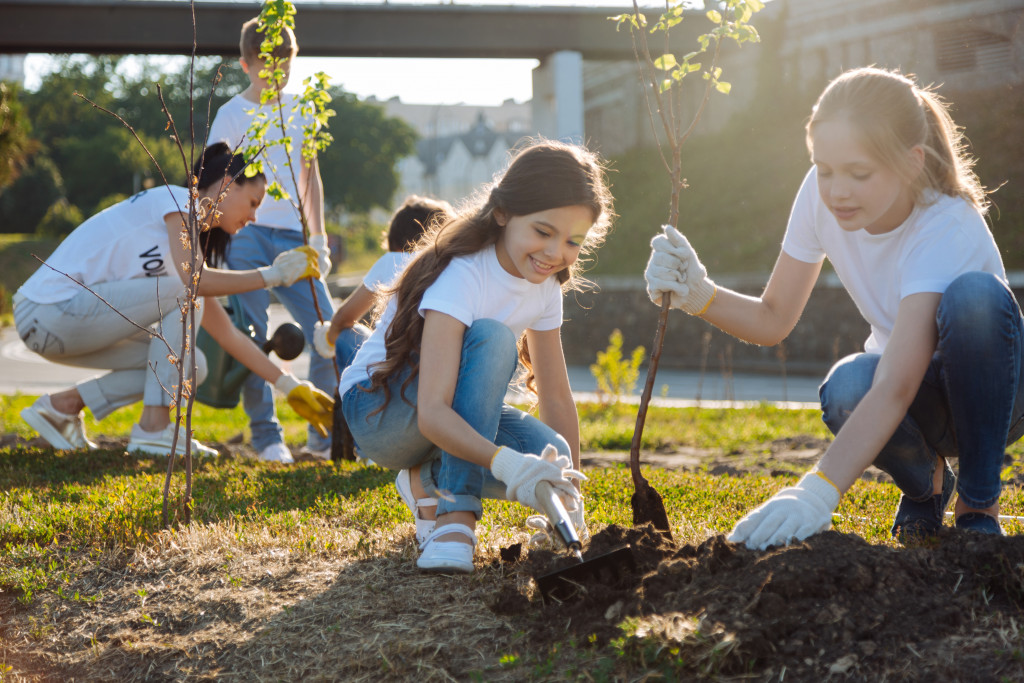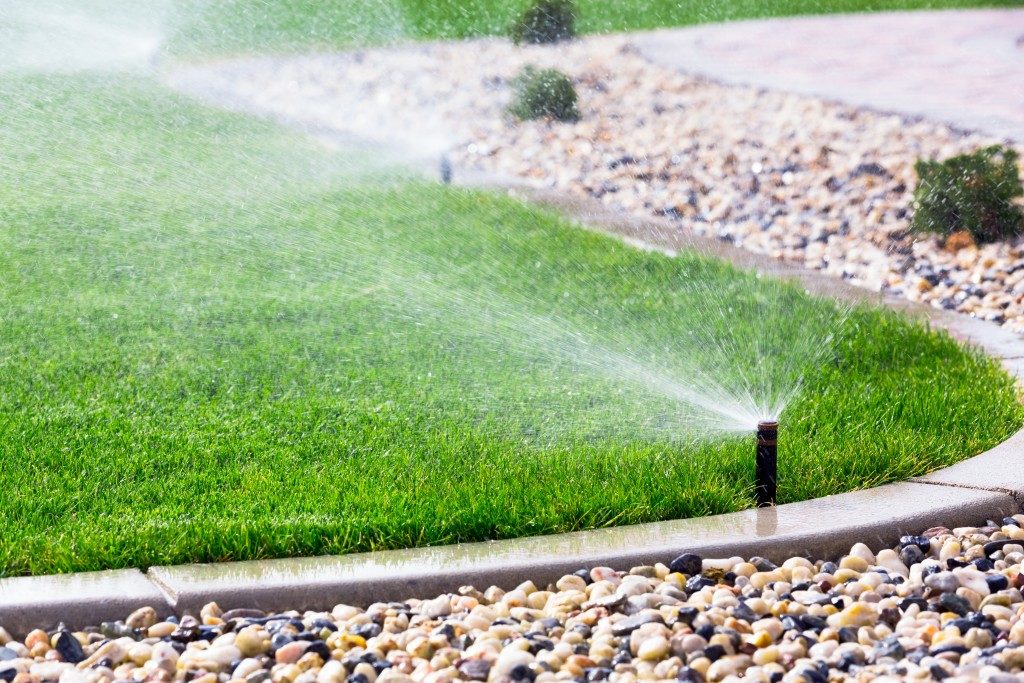From interactive museums to zoos and the great outdoors, Colorado offers a wide array of activities to keep your kids healthy, happy, and busy.
But what do you do on days when the children would want to stay at home, or you can’t have a quick road trip? You need not look far. The answer may be in your yard: start gardening.
First Things First
Gardening is one of the fantastic household activities your children can do, especially now that summer is coming. However, safety should always be a priority.
According to ROSPA, over 250,000 people get hurt from this activity annually. Around 110,000 of these individuals are children. Some injuries may be severe they can end up in the ER.
The common causes of accidents include lawnmowers, shears and pruners, garden forks, and plant troughs and tubs. This doesn’t mean your kids should not use these tools and equipment anymore. You can’t really build a garden without them.
However, you need to set up some rules. Little kids below the age of 8 may not be able to hold these objects themselves.
Instead, they can assist you in other gardening chores, like pulling some weeds or picking up fallen twigs. Older ones, meanwhile, may be able to handle these supplies as long as you provide close supervision.
Lastly, invest in good storage space. You can buy a garden shed online. They are available in various sizes, so you can find one that fits your space. Regardless of your choice, this shed should be easy to secure and big enough to store all your garden supplies.
How Gardening Benefits Children
Now that you know how to make gardening safe for your children, it’s time to know why this activity is highly recommended for them:
1. Children Are More Likely to Eat Homegrown Produce
The American Academy of Pediatrics has released a guideline on the recommended fruits and vegetable servings for kids between 1 and 10 years old.
Usually, they need to eat two to three servings of fruit and veggies, the same amount of servings for dairy, two servings of protein, and between 6 and 11 servings of whole grains per day.
The problem is many children don’t get to meet these dietary guidelines. One of the reasons is a lot don’t just like to eat fruits and veggies.
A 2007 study by Saint Louis University, however, revealed that gardening could change that. When they interviewed over 1,500 parents in rural Missouri, they learned that most kids served with homegrown food ate more of the produce.
The researchers think the reason lies in the children’s involvement in the production. Think of it this way: growing food by themselves or with your help can arouse kids’ curiosities. They may ask themselves, “How does the food I’ve grown taste like?”
Moreover, as kids become more exposed to fruits and veggies, they may develop more fondness for them. This may further encourage them to eat healthier.

2. Gardening Keeps the Kids Physically and Mentally Active
According to the State of Obesity report, Colorado ranked 45th among the 50 states when it comes to childhood obesity. In other words, they are likely to be much healthier than kids their age in other states.
However, nearly 11 percent of children between 10 and 17 are obese. That still means hundreds are at increased risk of developing diabetes, hypertension, and cardiovascular disease prematurely.
Besides proper nutrition, exercise helps combat excess weight. But for less athletic kids, they might turn their attention to gardening.
In a 2014 research by the American Society for Horticultural Science, gardening can provide high to moderate physical activity for kids. These can already include raking, weeding, didding, watering, and even sowing seeds.
But that’s not all. Not only are the kids burning calories, but they are also exercising different parts of their body all together. For example, when they pull out the weeds, they are actually engaging their legs, arms, hands, lower back, and even their core (depending on their position).
Many studies already show that muscles can burn more calories than fat, helping children lose their excess pounds and maintain their ideal weight.
On the other hand, gardening may keep your children’s minds sharp. This is because being with nature can help lower their stress levels.
The presence of birds, trees, and flowering plants can redirect the focus of your stressed children from the causes of their anxiety and bring it to something more relaxing.
Definitely, your kids need to a break away from your house. Exposing them to new things and experiences can teach them so much about diversity, science, and the world. But on days when you just all want to hang out at home, gardening can keep them busy in a healthy way.









